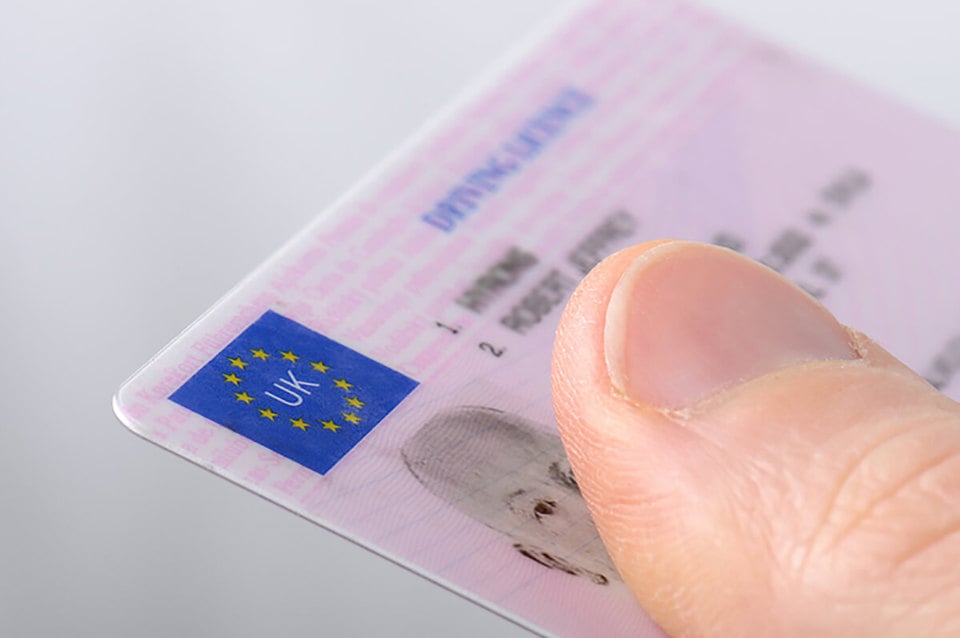Licence checking and duty of care head the “shopping list” of new management information systems fleets are planning to adopt, according to the latest quarterly Company Car Trends report from GE Capital Fleet Services.
According to the research, 30% of fleets that do not already have a solution in place are planning to adopt a licence checking system while 24% are planning to adopt a solution for duty of care. Continuing the risk management theme, 17% plan to adopt an accident data management system.
In-life costs are also a priority, Company Car Trends shows, with 21% of fleets without an existing solution planning to adopt a technology driven approach in cost management next year.
Fleet decision makers who took part in the research were asked what systems and technologies to track and manage their fleet are they thinking of adopting in the next 12 months.
The responses were:
| Percentage of fleets without a product planning to make a purchase in the next 12 months | Percentage of fleets with a product already in place | |
| Licence checking | 30 | 76 |
| Duty of care | 24 | 75 |
| In life costs | 21 | 61 |
| Accident data | 17 | 71 |
| Reporting by leasing provider | 15 | 74 |
| Fuel card | 7 | 72 |
| Telematics | 5 | 25 |
Gary Killeen, fleet services commercial leader for GE Capital UK, said: "We believe that, in the post-recessionary environment, most organisations are continuing to move towards taking ever greater control over their company car operations. Using IT to access better quality data is an obvious way to achieve this.
"Certainly, the findings from this shopping list reveal an appetite for more accurate information in important areas and show quite large numbers of fleets are planning to adopt solutions in the near future."
Kileen explained the way in which three of the top five issues linked directly to risk management could provide a strong indication of current fleet thinking.
He said: "While Company Car Trends shows 75% of fleets already have a duty of care system in place, the fact that risk management issues dominate the list indicates that more and more organisations are starting to refine their thinking in this area.
"They want to find out more about the causes and costs of accidents in order to reduce the possibility of injury, disruption and cost. This would echo the current thinking that we see within our own customer base."
Killeen added that, despite the recent signs of economic recovery, the fact that in-life costs and reporting by leasing providers were near to the top of the list showed that control over daily fleet expenditure, such as service and maintenance, was still very much a priority for many fleets.
"There is a general desire to contain service maintenance repairs spending as much as possible and detailed reporting allows fleets to help identify areas where expenditure can be tackled," he said.

















Login to comment
Comments
No comments have been made yet.